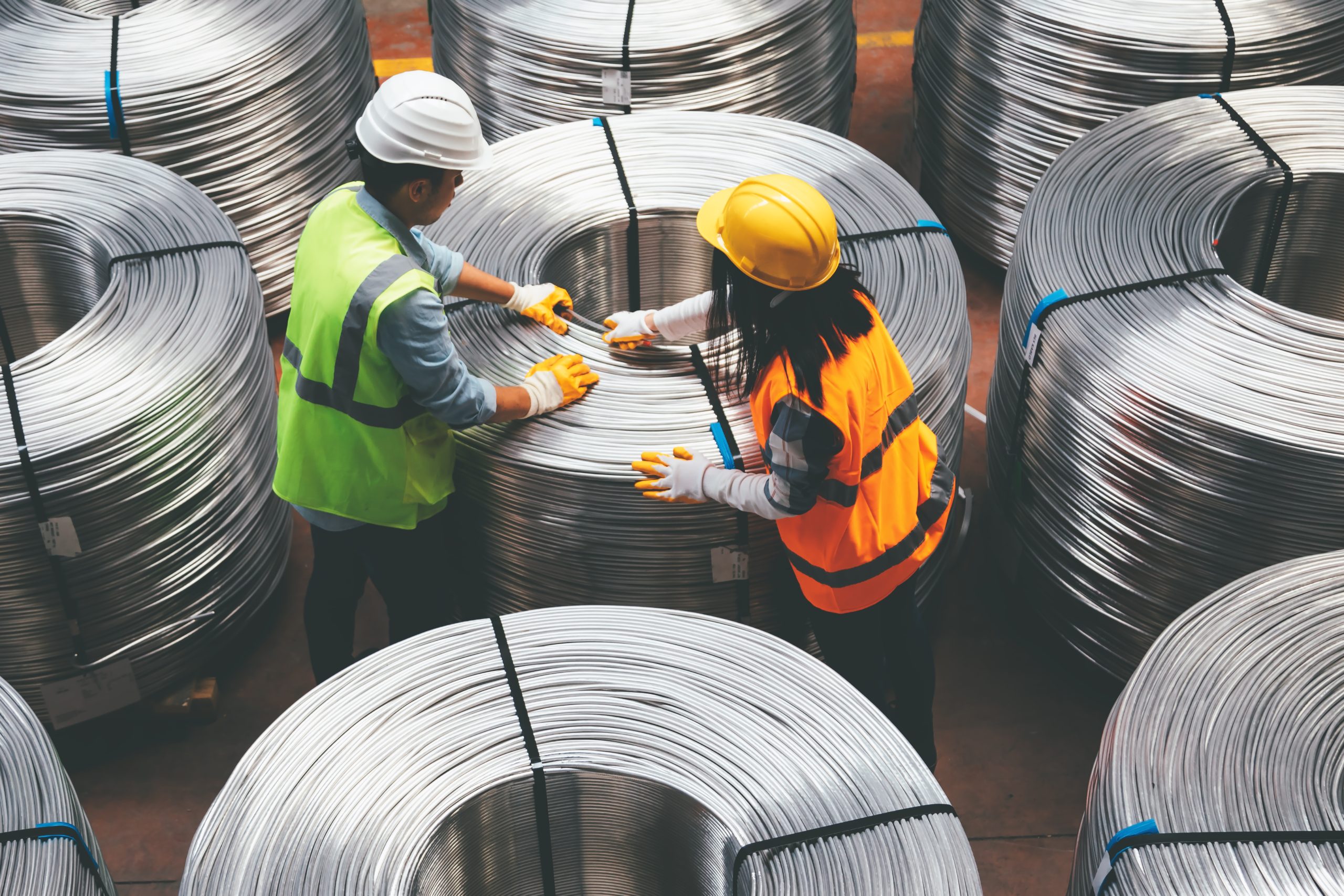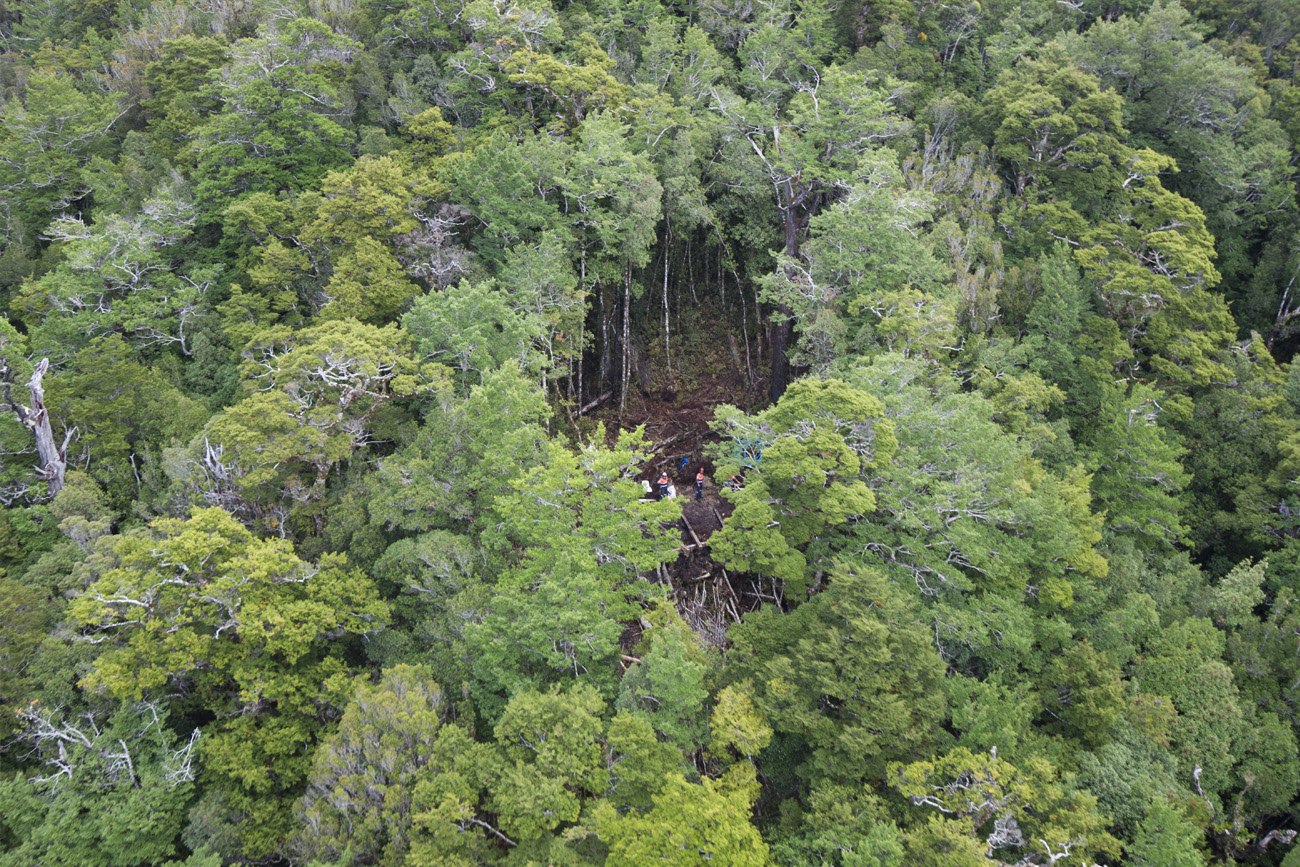3. Minerals are essential to the way we live and are a crucial part of the low carbon future
Life as we know it could not function without mining. Everything we depend on is either made from minerals or relies on minerals for its production and distribution.
The Deloitte report Tracking the trends 2023 the indispensable role of mining and metals tells us:
“Mining underpins approximately half of the global economy and therefore, it has the greatest potential of any industry to positively influence social, environmental and economic development.”
The products of mining include aggregates for infrastructure, climate change adaption and housing; coal for heating hospitals and schools and making steel; gold, copper, cobalt, rare earth elements (REEs), lithium and vanadium for electronics, medicine, aviation, batteries, solar panels, electric vehicles, household essentials like whiteware, crockery and the list goes on.
Demand for mined minerals is increasing as the world looks to a low emissions future and New Zealand has a once in a generation opportunity to seize the opportunities and make a contribution to the world’s move to green technology.
For the world to reach the first step in the decarbonisation goal by 2030, we will need 50 new lithium mines, 60 new nickel mines, and 12 new cobalt mines to meet demand for electricity storage alone.
Denying the value of mining and the contribution it will make to both building resilience to, and mitigating climate change, is akin to denying climate change itself.
If we don’t mine in New Zealand, we import the resources we need from other countries. We can choose to allow all mining to occur overseas, but that will often be in places with lower environmental and safety standards than we have in New Zealand, and sometimes in places where labour is exploited. We believe most responsible New Zealanders would not be comfortable simply shifting the issue offshore and saying, “not in my backyard”. And even if you overlook the environmental trade-off, the increased carbon footprint (and associated costs) of importing minerals from overseas when they are available here, makes no sense.
Eight reasons a ban makes no sense
- Not all conservation land has high conservation value
- Existing world-class environmental safeguards mean a ban is not necessary
- Minerals are essential to the way we live and are a crucial part of the low carbon future
- A ban would lead to damaging unintended consequences
- Just 0.04% of conservation land is mined
- Modern mining practices ensure good environmental outcomes
- Mining creates well-paid jobs and is important to the New Zealand economy
- Banning mining on conservation land is not the instrument to curb emissions








